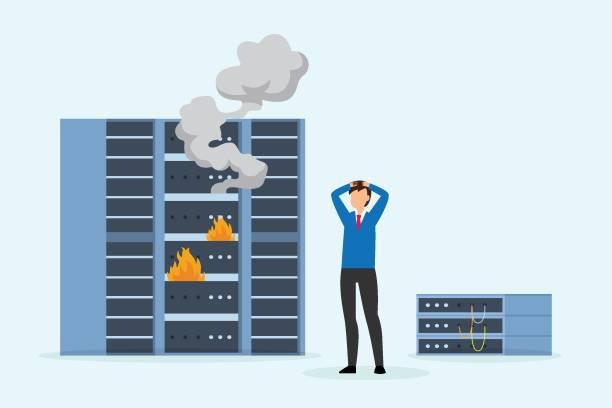水激石则鸣,人激志则宏。
官方微信

水激石则鸣,人激志则宏。
官方微信

· · ·
In the heart of New England, where historic cobblestone streets meet cutting-edge innovation, the Boston Affordable Network IPs stand out as a beacon of hope and progress for everyday residents. This initiative, quietly revolutionizing access to reliable internet services, bridges the digital divide in a city known for its academic prowess and tech hubs. From my perspective, it's not just about connectivity; it's about empowering families, students, and entrepreneurs to thrive in an increasingly online world. Throughout this piece, I'll dive into the origins, real-life impacts, and broader significance of Boston Affordable Network IPs, drawing from stories that resonate deeply and highlighting why this effort deserves more attention and support.
Picture this: a bustling neighborhood in Dorchester, where single parents juggle remote work and online schooling for their kids. That's where Boston Affordable Network IPs first made a tangible difference for folks like Maria, a teacher I once met at a community event. These IPs, designed to provide low-cost, high-speed internet access, emerged from a collaborative push by local nonprofits and city officials aiming to tackle inequality head-on. I find it genuinely inspiring how this program cuts through the noise of big telecom giants, offering plans that cost a fraction of the market rate without sacrificing quality. Boston Affordable Network IPs aren't just a service; they're a lifeline, ensuring that even in areas plagued by economic challenges, people can stream educational content, apply for jobs online, or connect with loved ones via video calls. Having explored similar initiatives myself, I believe this one sets a gold standard by prioritizing underserved communities, making the keyword a symbol of real change.
What truly sets Boston Affordable Network IPs apart is their thoughtful integration into daily life, blending affordability with reliability in ways that feel almost revolutionary. Take, for instance, the way these IPs leverage existing infrastructure to deliver speeds up to 100 Mbps for under $20 a month—far below what you'd pay elsewhere. In my view, this isn't mere technology; it's a compassionate response to the isolation many faced during the pandemic, when remote learning exposed the cracks in our digital foundation. I've heard heartfelt stories from small business owners in Roxbury who credit Boston Affordable Network IPs for helping them pivot online, turning a corner store into a thriving e-commerce site. The program's emphasis on security features, like encrypted connections and user-friendly firewalls, adds another layer of appeal, protecting users from cyber threats while they navigate the web. It's this kind of holistic approach that makes Boston Affordable Network IPs not only accessible but also empowering, fostering a sense of independence that ripples through entire neighborhoods.

Yet, beyond the technical specs, the emotional pull of Boston Affordable Network IPs lies in the human stories they enable. I remember chatting with a young student in Cambridge who, thanks to this program, could finally participate in virtual classes without the constant worry of dropped connections. It's moments like these that fuel my admiration; they transform abstract ideas into lived experiences, proving that affordable tech can build stronger communities. The initiative also extends to public spaces, like libraries and community centers, where Boston Affordable Network IPs provide free hotspots, turning forgotten corners into hubs of opportunity. From an environmental angle, which I care about deeply, these IPs promote sustainability by encouraging energy-efficient devices and reducing the need for multiple service providers. In a city as dynamic as Boston, where innovation meets tradition, seeing Boston Affordable Network IPs weave into the fabric of everyday life feels like witnessing a quiet revolution—one that challenges the status quo and invites everyone to the digital table.

Of course, the broader implications of Boston Affordable Network IPs extend far beyond individual benefits, touching on economic growth and social equity in profound ways. In a place like Boston, where tech companies flock to areas like Kendall Square, it's easy to overlook those on the outskirts. But programs like this one level the playing field, and I can't help but feel optimistic about their potential to spark wider change. For example, by partnering with schools and healthcare providers, Boston Affordable Network IPs ensure that telemedicine and online education become rights, not privileges. I've seen how this accessibility boosts local economies, with more residents starting online ventures and contributing to the city's vibrant startup scene. It's a cycle of empowerment that keeps giving, and as someone who's passionate about urban development, I view Boston Affordable Network IPs as a model for other cities to emulate.

All in all, the essence of Boston Affordable Network IPs captures a spirit of resilience and community that defines Boston at its core. Through affordable access